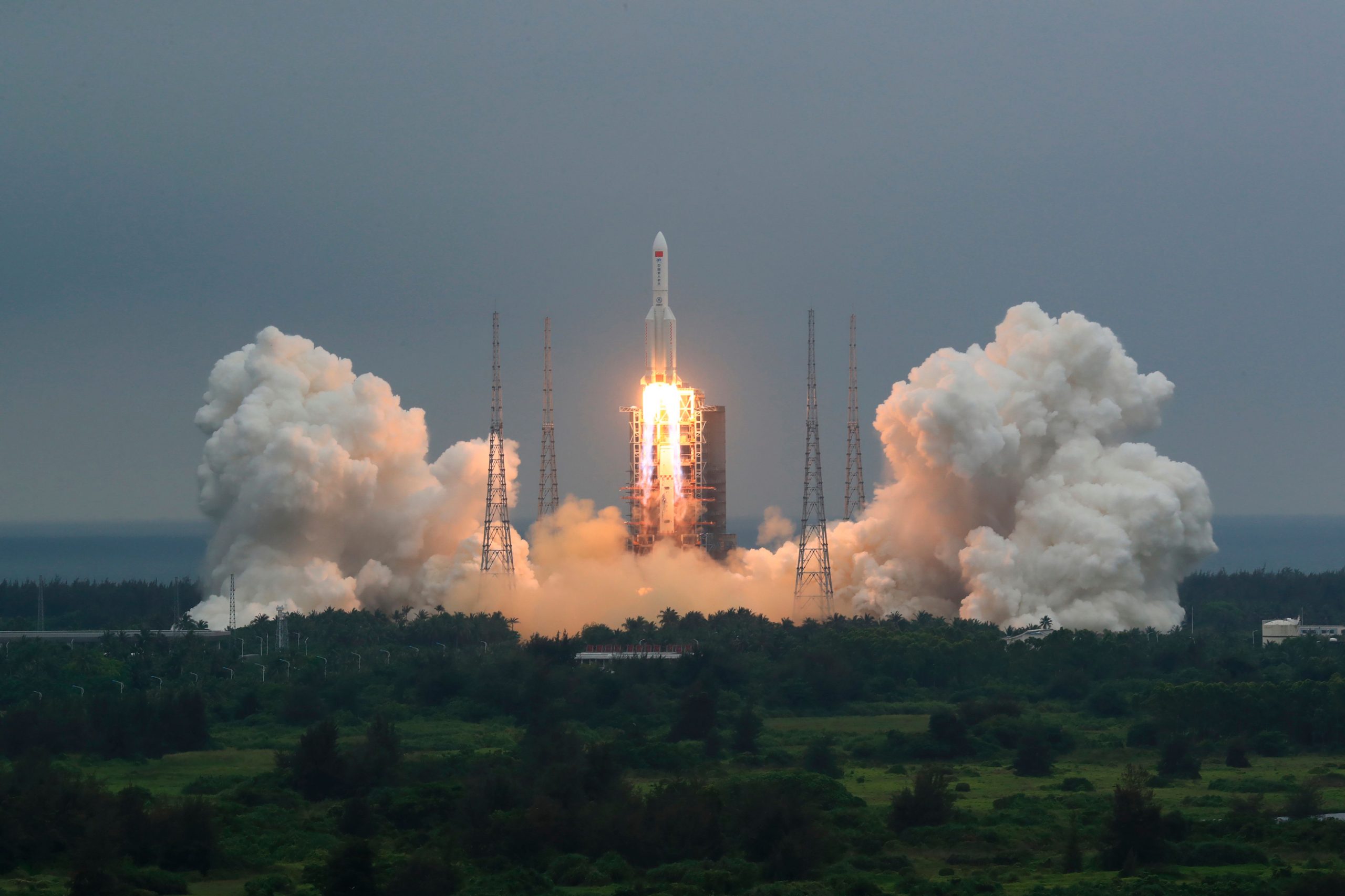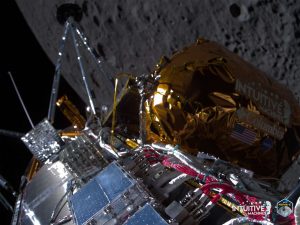China said Friday the risk of damage from a rocket falling back to Earth was “extremely low”, after the United States warned it could crash down on to an inhabited area.
Military experts in the US expect the body of the Long March 5B rocket, which separated from Beijing’s space station, to come down some time around Saturday or Sunday, but warned it was difficult to predict where it will land and when.
Also Read | ‘Breathe. Inhale’: Astronauts on SpaceX capsule describe Earth landing
But Beijing downplayed the risk of danger.
“The probability of causing harm to aviation activities or (on people and activities) on the ground is extremely low,” foreign ministry spokesman Wang Wenbin said.
Most of the rocket components would likely be destroyed upon re-entry into the atmosphere, he added, saying authorities “will inform the public of the situation in a timely manner”.
China has poured billions of dollars into space exploration in efforts to reflect its rising global stature and growing technological might, following in the extra-terrestrial footsteps of the United States, Russia and Europe.
As fevered speculation over the rocket’s trajectory back to Earth pinballed across social media, US Defense Secretary Lloyd Austin on Thursday said the US military had no plans to shoot it down.
Also Read | NASA’s Ingenuity to assist in finding signs of past microbial life on Mars
“We have the capability to do a lot of things, but we don’t have a plan to shoot it down,” Austin told journalists.
Hopefully, he said, the rocket will land “in a place where it won’t harm anyone… the ocean, or someplace like that”.
Even if the rocket or parts of it do fall from the sky, without breaking up on re-entry, there is a good chance it will just splash down into the ocean on a planet made up of 70% water.
But Austin suggested that the Chinese were negligent in letting the rocket body fall out of orbit, saying those who were in the “space domain” should “operate in a safe and thoughtful mode”.
Space has become the latest theatre for the big power play between China and the United States.
Also Read | When Apollo 11 pilot Michael Collins said his success was ‘90% blind luck’
The launch of China’s first module of its “Heavenly Palace” space station in April — housing life support equipment and a living space for astronauts — was a milestone in Beijing’s ambitious plan to establish a permanent human presence in space.
President Xi Jinping called it a key step in “building a great nation of science and technology”.
With the retirement of the International Space Station after 2024, China’s could become the only space station in Earth’s orbit.
Although Chinese space authorities have said they are open to foreign collaboration, the scope of that cooperation is as yet unclear.
The European Space Agency has sent astronauts to China to receive training in order to be ready to work inside the Chinese space station once it is launched.
China also said in March it was planning to build a separate lunar space station with Russia.
Also Read | Blue Origin to auction off one trip to space scheduled for July
The facility, planned for either the surface or in the orbit of the Moon, would house experimental research facilities and would be Beijing’s biggest international space cooperation project to date.
The Long March rocket is not the first time China has lost control of a space craft as it returns to Earth.
The space laboratory Tiangong-1 disintegrated upon re-entry into the atmosphere in 2018, two years after it had stopped working, though Chinese authorities denied they had lost control of the ship.







